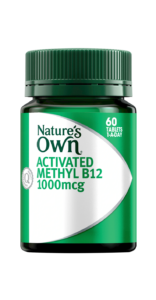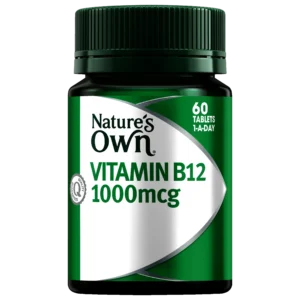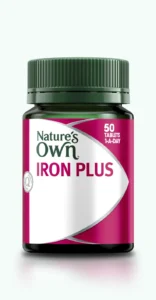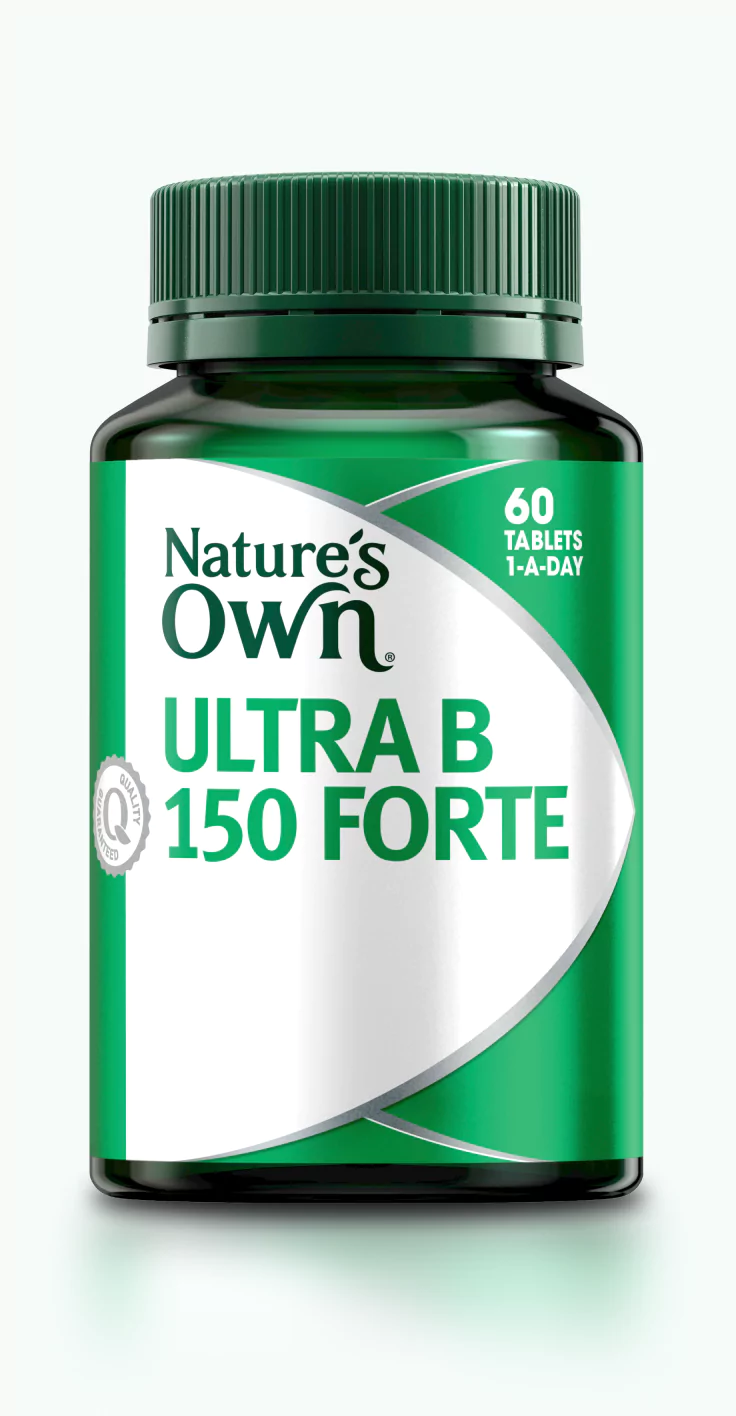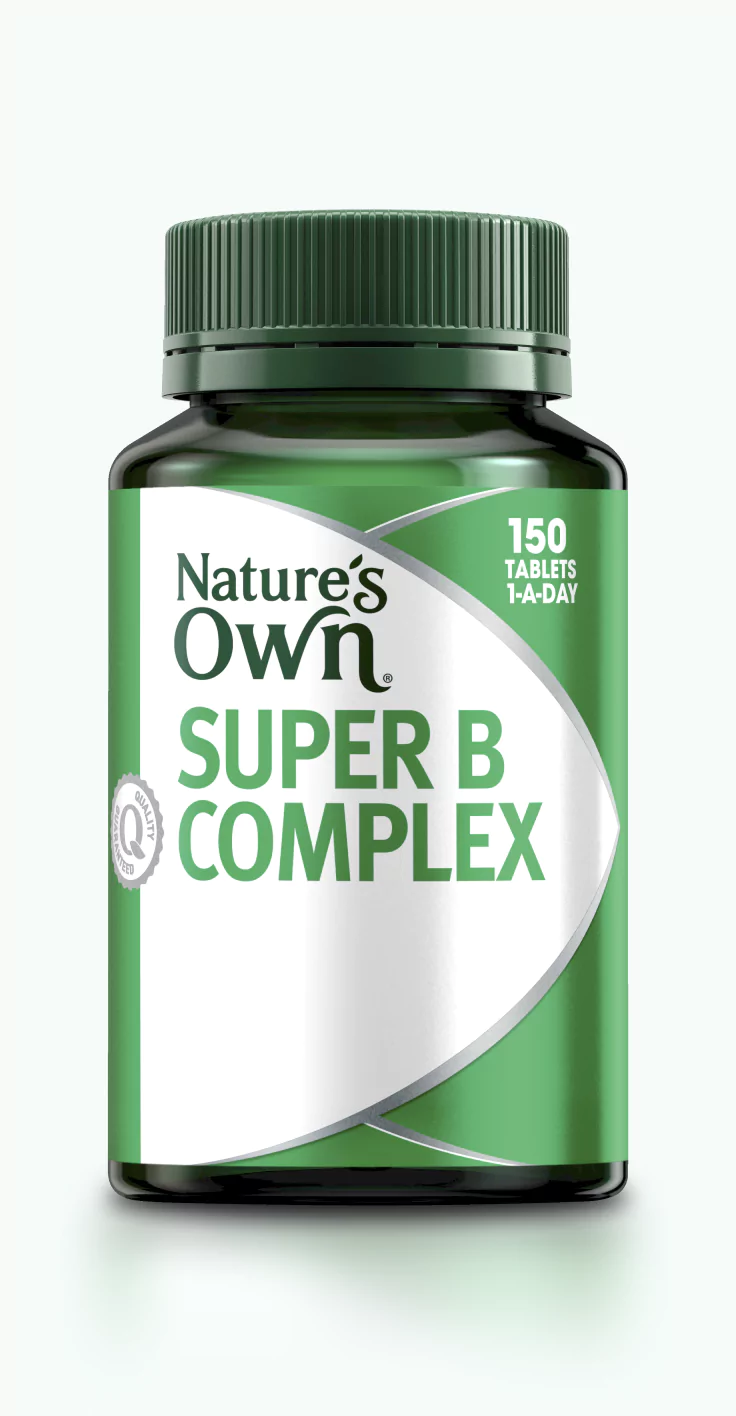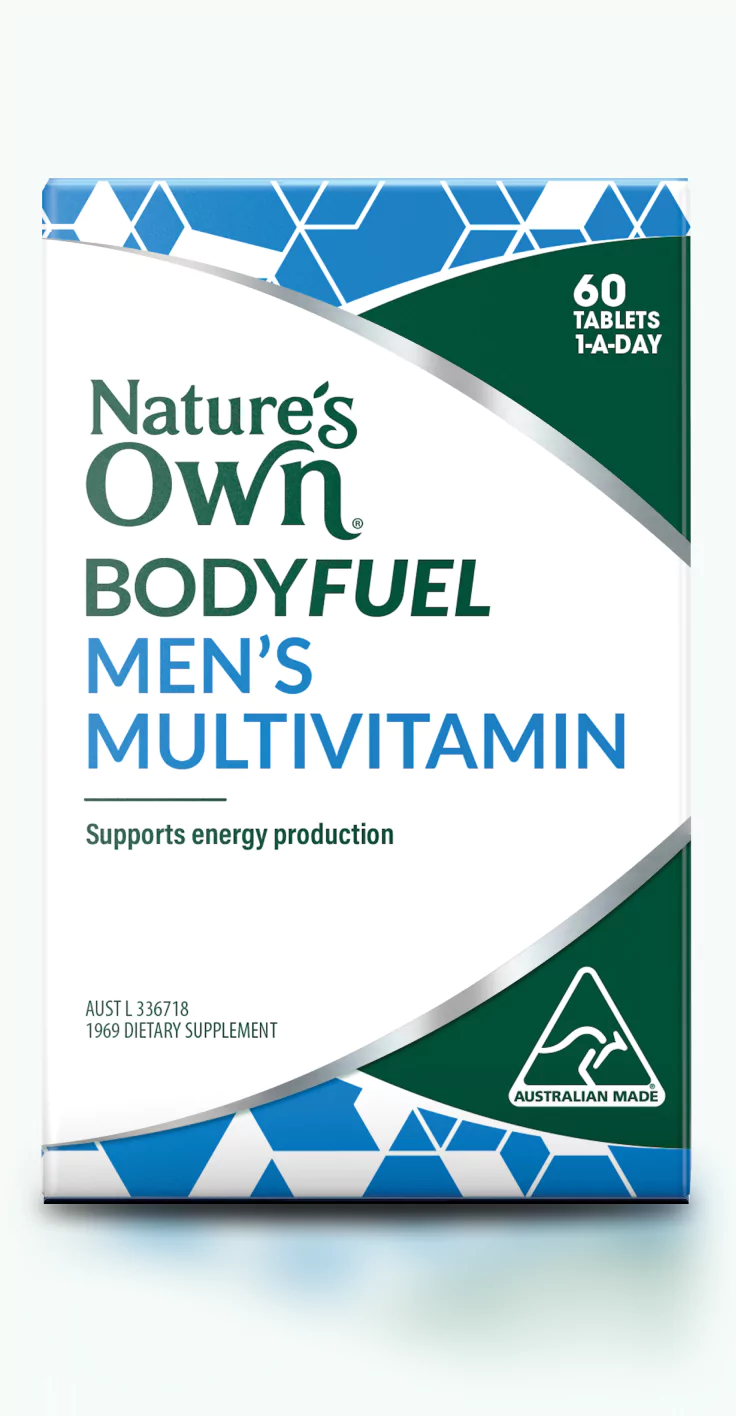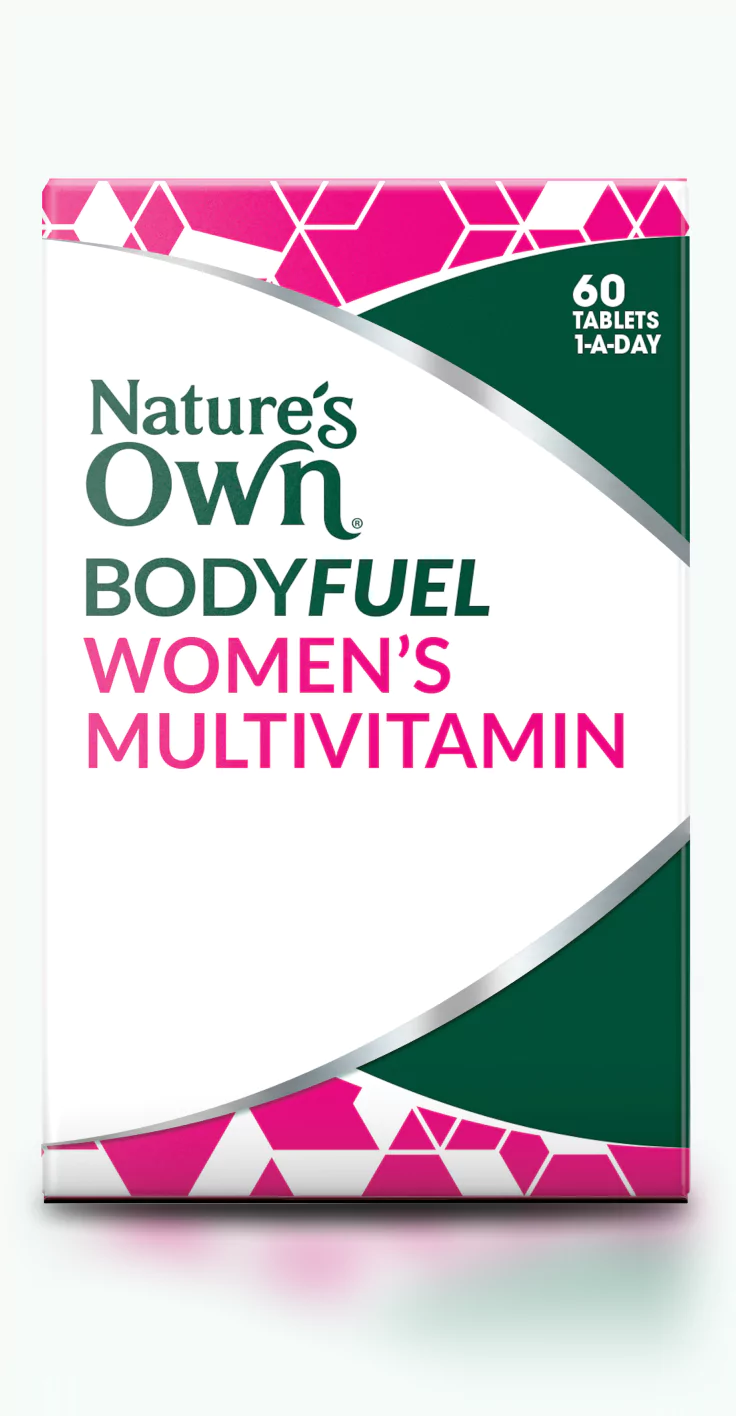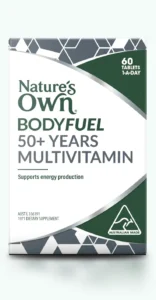
Vitamin B12: What It Is, How It Works, and Where to Find It
In this article
What is vitamin B12
Vitamin B12 is a key vitamin your body needs to stay healthy. It helps support your energy levels, red blood cell production, and overall wellbeing. Understanding how B12 is absorbed and where to find it in your diet can help you keep your levels in check.
Vitamin B12 absorption1
Your food releases its B12 in the stomach with the help of gastric acid and a protein called intrinsic factor; the B12 is then absorbed in the lower small intestine.
Older people are at risk of reduced gastric acid, which is necessary to release vitamin B12 from food. The B12 found in vitamin supplements, however, can continue to be well absorbed even in people with decreased stomach acid.
Reduction of gastric acid in later life may be caused by inflammation of the stomach or from medications that reduce gastric acid in the stomach.
Other conditions that can contribute to low B12 include:1
- Overgrowth of bacteria in the small intestine
- Gastritis
- Alcohol Use
- Digestive Issues
- Impaired absorption
- Surgery that removes the part of the small intestine where vitamin B12 is absorbed
How much B12 do I need every day?
It mostly depends upon age and lifestage, but the recommended daily requirement of vitamin B12 for most adults is 2.4 micrograms.2
Is vitamin B12 stored in the body?
Your body stores B12 mainly in the liver.
What does B12 do in the body?1,3
Vitamin B12 plays a vital role in supporting your body’s energy levels and maintaining a healthy immune system. It also helps your body produce healthy red blood cells, which are essential for transporting oxygen throughout the body.
Who is most at risk of vitamin B12 insufficiency?1
- Vegans — People who don’t eat any meat, dairy, or eggs are most at risk for developing a B12 insufficiency. Aside from fortified breakfast cereals, the only reliable dietary sources of vitamin B12 are animal-derived foods.
- Older people — Some older people are also at high risk for developing B12 insufficiency.
What are the symptoms of vitamin B12 insufficiency?1
Symptoms of vitamin B12 insufficiency can include:
- Reduced Energy – Linked to reduced energy production, as B12 supports the body’s energy metabolism.
- Fatigue – Often a result of low energy levels.
- Shortness of breath and dizziness – Occurs when there aren’t enough red blood cells to transport oxygen efficiently, highlighting B12’s role in red blood cell formation.
How do I get vitamin B12 in my diet?
Vitamin B12 rich foods include:3
- Meat
- Fish
- Eggs
- Milk
- Cheese
- Some fortified cereals
- Plant milks
- Meat substitute products
Vitamin B12 supplementation
Vitamin B12 is available in two forms of supplements:
- Cyanocobalamin — Cyanocobalamin is the synthetic form of vitamin B12 most commonly used in supplements.
- Activated Methyl B12 tablets — Activated Methyl B12 or mecobalamin is the active form of vitamin B12 found in the body.
Vitamin B12 is an essential vitamin that can help maintain healthy vitamin B12 levels, supporting energy, cognitive function and red blood cell production.
FAQS
How long does it take to recover from vitamin b12 insufficiency?
Recovery from vitamin B12 insufficiency varies depending on the symptoms, with improvement in biochemical markers seen within one week, while neurologic symptoms may take 6-12 weeks to improve.
How long does it take for vitamin b12 to work?
Effects of vitamin B12 supplementation can begin within the first week, with early improvement in biochemical markers such as methylmalonic acid and homocysteine levels. Full clinical benefits, especially for neurological symptoms, may take 6-12 weeks to manifest as tissue stores are replenished.4
Does vitamin b12 prevent mosquito bites?
Despite popular theories and anecdotal claims, there is no scientific evidence supporting the idea that vitamin B12 prevents mosquito bites.
Which vitamin b12 is better, methylcobalamin or cyanocobalamin?
Methylcobalamin demonstrates superior bioavailability and prolonged retention in plasma compared to cyanocobalamin.
Can I take vitamin d and b12 together?
Yes, there are currently no studies finding negative interactions between the two.
References
[1] https://www.msdmanuals.com/home/disorders-of-nutrition/vitamins/vitamin-b12-deficiency
[2] National Health and Medical Research Council (NHMRC); Nutrient Reference Values for Australia and New Zealand including Recommended Dietary Intakes; Canberra; 2006; http://www.nhmrc.gov.au/guidelines/publications/n35-n36-n37
[3] https://www.healthdirect.gov.au/vitamin-b-and-your-health
[4]. Wentworth, B.J. & Copland, A.P. (2018) Revisiting Vitamin B12 Deficiency: A Clinician’s Guide for the 21st Century. Practical Gastroenterology, December, pp. 28–34. Available at: https://med.virginia.edu/ginutrition/wp-content/uploads/sites/199/2020/09/B12-Deficiency-December-18.pdf (Accessed: 7 May 2025).
Always read the label. Follow the directions for use. If symptoms persist, talk to your health professional.
